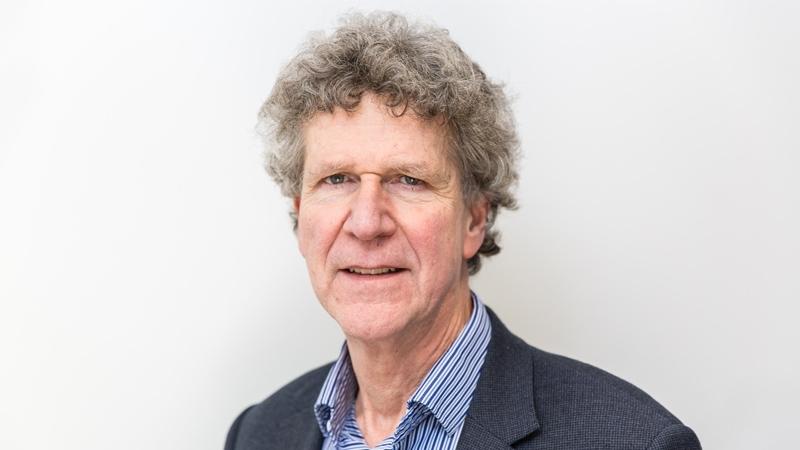Steven Barnett, Professor of Communications, was interviewed on BBC Radio 5 Live about the implications of former Health Secretary Matt Hancock’s pandemic WhatsApp messages being leaked to the Daily Telegraph by journalist Isabel Oakeshott.

In the interview, Professor Barnett discussed the validity of Isabel Oakeshott’s argument that leaking the messages was in the public interest, and the implications of Oakeshott’s decision to give the messages to The Telegraph rather than a neutral publisher or broadcaster. He also talked about what he would have done if he was a journalist and had been handed the messages.
Addressing the public interest case, Professor Barnett said: “I’m afraid I do not buy the public interest argument in this case. There are two problems with it – the first is [Oakeshott] had these WhatsApp messages and was working on them for over a year, [Matt Hancock’s book] took over a year to write, it came out in December, and it’s been out for three months. Why hang onto [the messages] if there was such a burning public interest in making sure that the public saw them? And secondly, when it comes to sending them, why send them to a newspaper which is renowned - as is Isabel Oakeshott herself - for being quite vehemently anti-lockdown, and believing quite passionately that the government restrictions…were wrong?”
Listen to the full interview on BBC Sounds.
Listen to Professor Barnett discussing the story on BBC Radio 4’s Moral Maze.
Read Professor Barnett’s article in The Conversation about how the leaked messages can be seen as a threat to journalism and damaging to public health.


